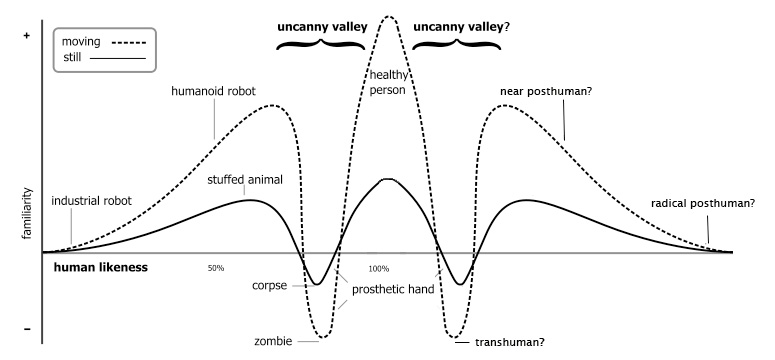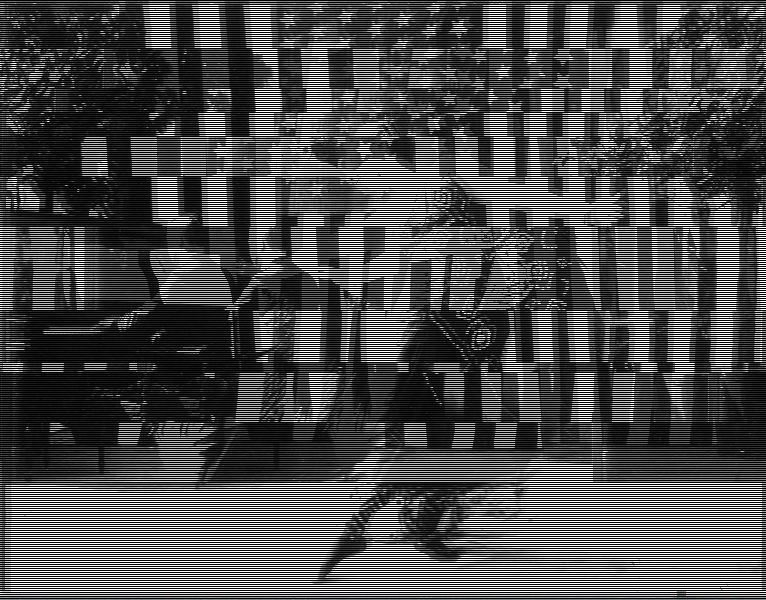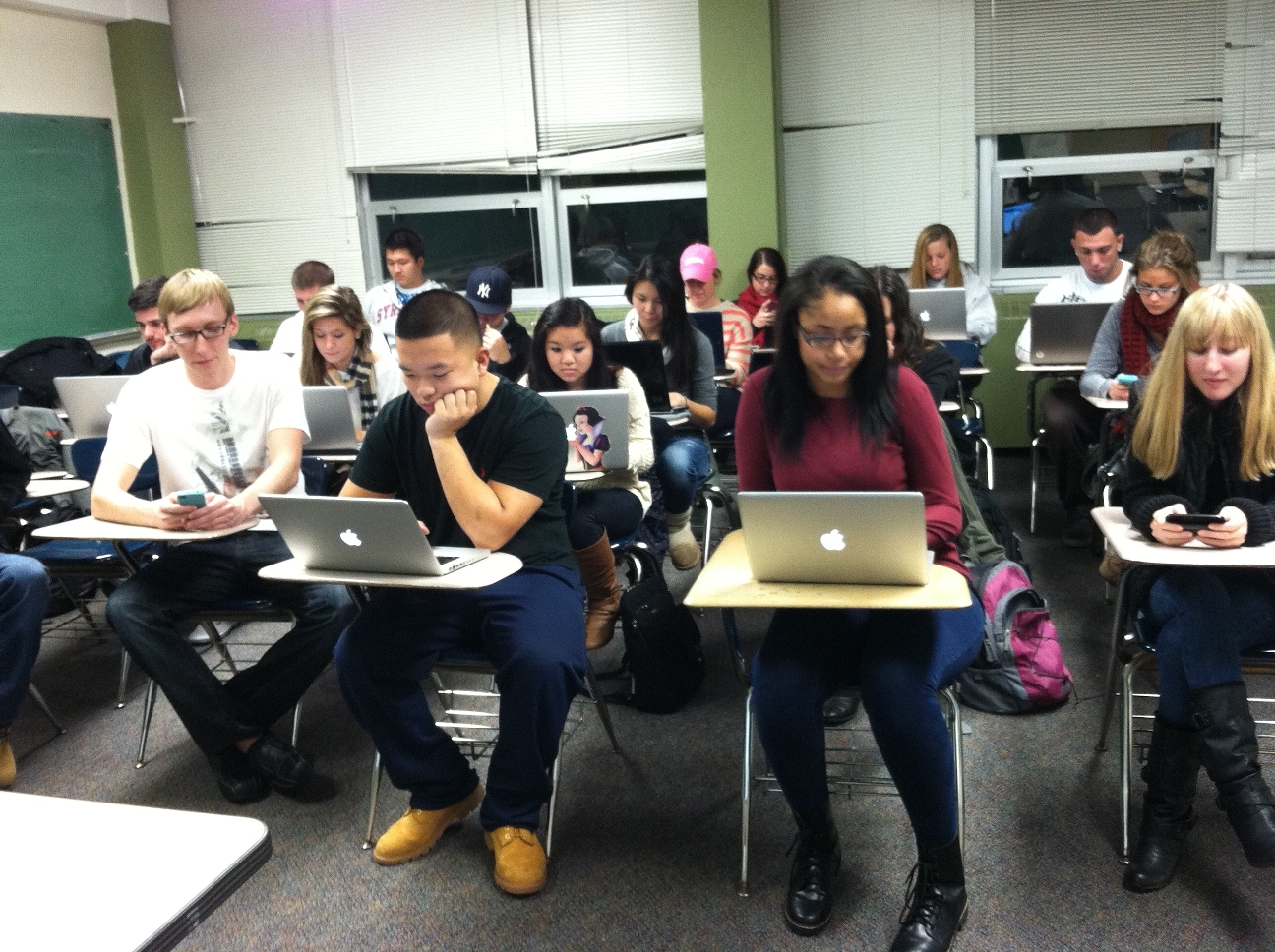
Bloomberg News reported earlier this weekthat Google used creative accounting to avoid paying something like $2 billion in corporate income taxes this year.
Much of that savings was realized by funneling nearly $10 billion in profits to shell companies in Bermuda, which has no corporate income tax. Like other multinationals, Google uses maneuvers such as the “Double Irish” and the “Dutch Sandwich” to get its revenues safely out of the countries in which they’re made, relatively untouched. By doing so, Bloomberg says, the company was able to cut its overall tax rate nearly in half. more...









